Satellite-based observations of Carbon in the Ocean: Pools, Fluxes and Exchanges (SCOPE)
About SCOPE
The ocean plays an important role in the global carbon cycle through the annual absorption of a quarter of all anthropogenic CO2 emissions. Monitoring the ocean carbon cycle is fundamental to managing climate change and satellite observations play a major role in this, with capabilities to view the surface ocean synoptically at high temporal resolution. In the Satellite-based observations of Carbon in the Ocean: Pools fluxes and Exchange (SCOPE) project, funded by the European Space Agency (ESA), we bring together an international team of experts to study the ocean carbon cycle from space to better understand how much carbon the ocean stores and how this changes over time. We focus on producing climate-quality datasets, including error estimates, and on collaboration between remote sensing scientists, in situ data experts and biogeochemical modellers to advance our capability of monitoring the ocean carbon cycle.
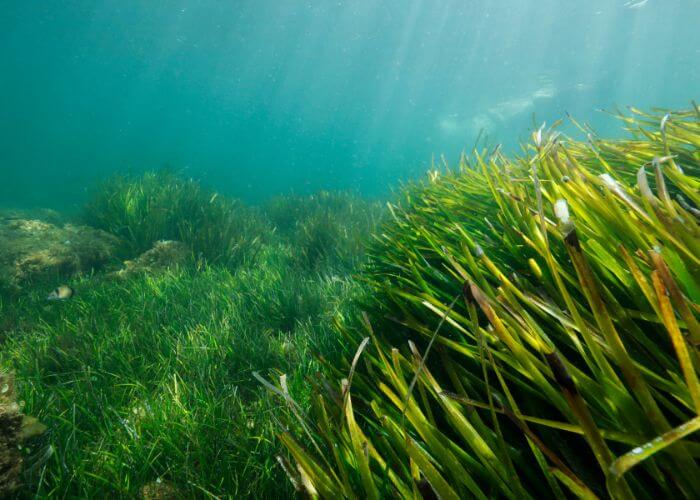
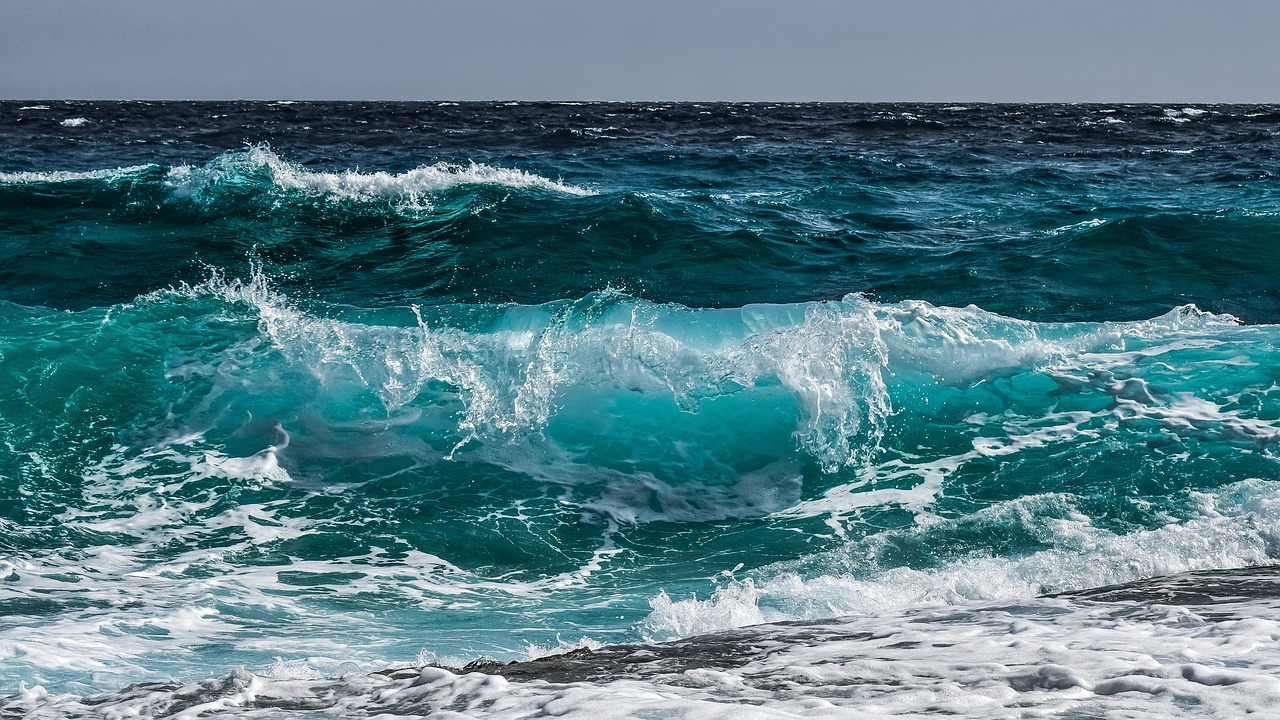


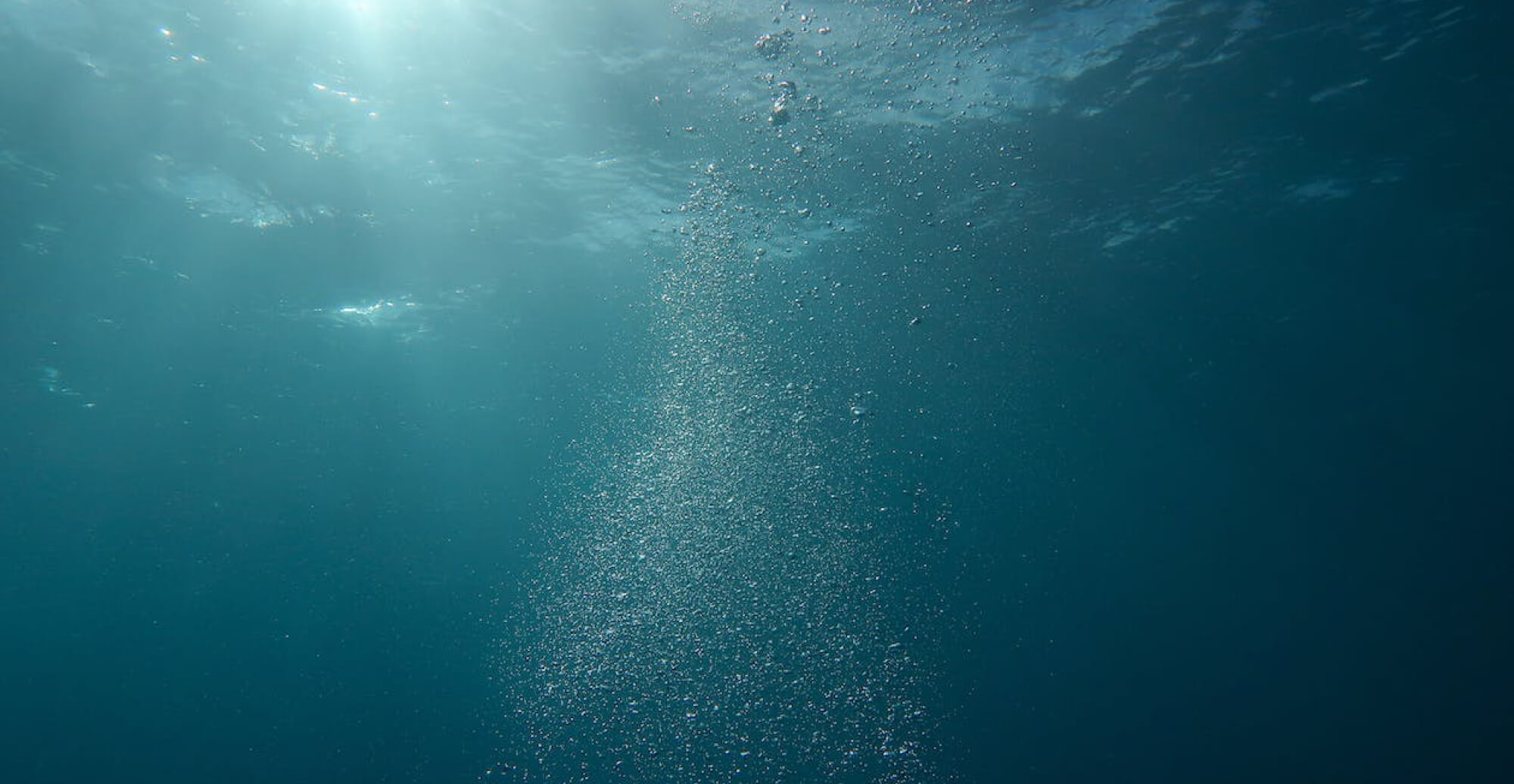
Objectives
SCOPE aims to provide the best possible characterisation of the ocean carbon budget from satellite observations and further the understanding of its variability in space and time. This is delivered through the development of new satellite-based ocean carbon products, with pixel-by-pixel uncertainty estimates, and through science case studies and an impact assessment. SCOPE will also bring present and past ESA and European developments together with other relevant new results from the scientific community through broad collaboration and partnership.
Latest Updates
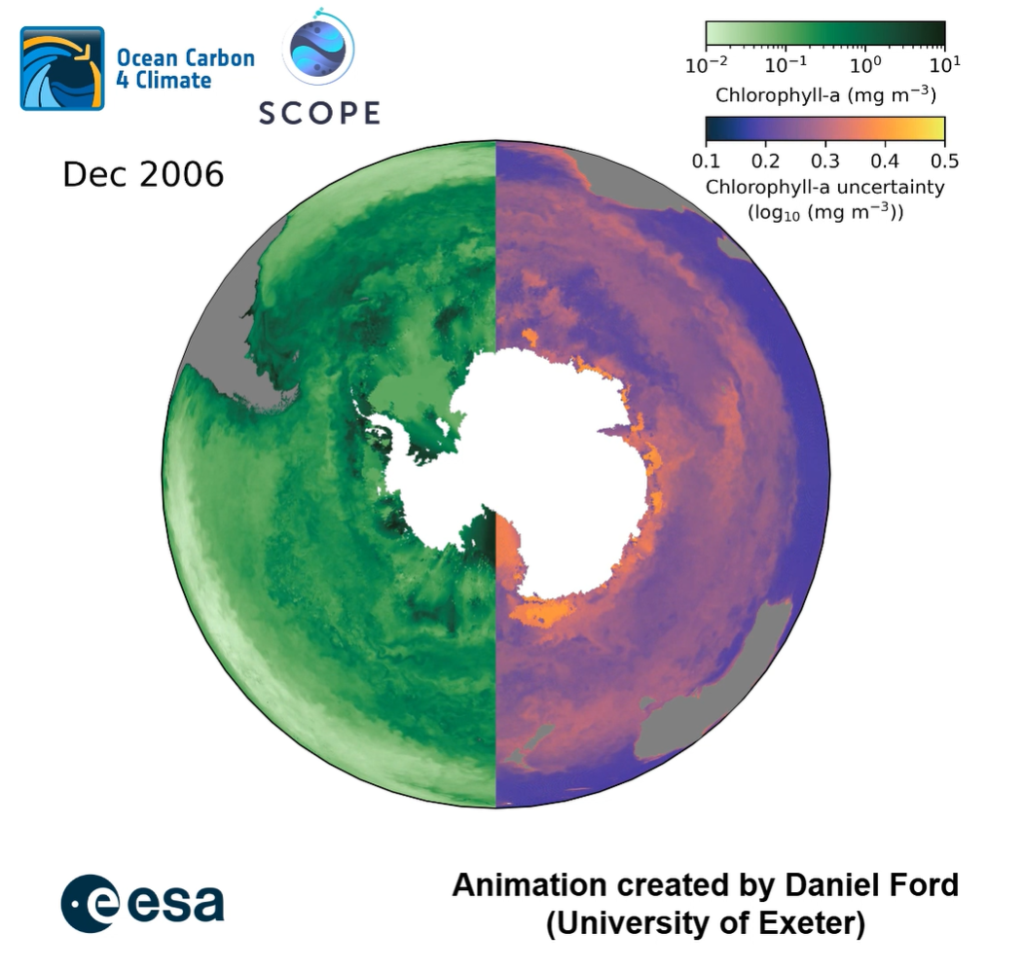
New global chlorophyll-a data record published, filling critical polar gaps
A new peer-reviewed study led by Daniel Ford has been published in Earth System Science Data, presenting a spatially and temporally complete global surface chlorophyll-a (chl-a) data record spanning 1997–2024.
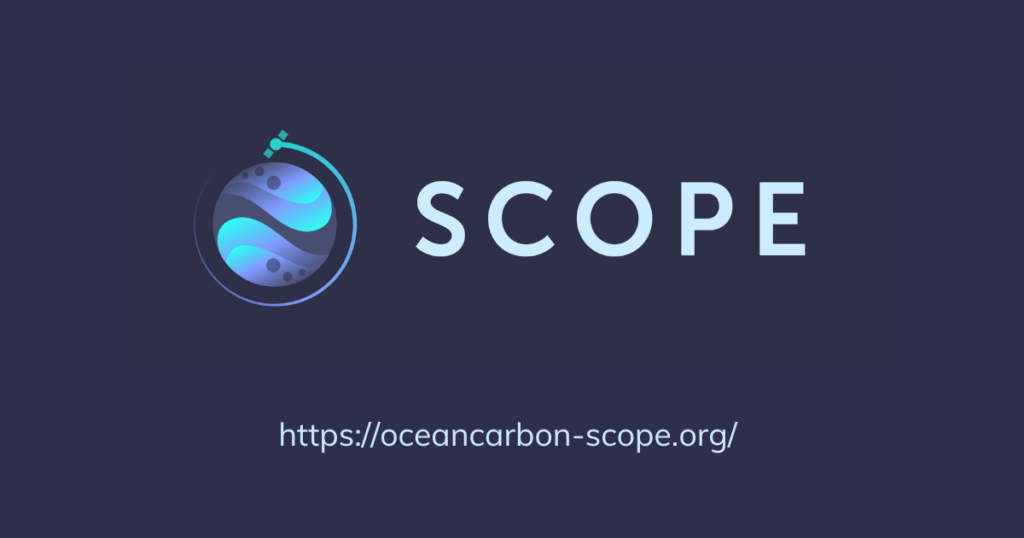
SCOPE contribution to the Global Carbon Budget 2025
We’re pleased to share that the SCOPE project has been acknowledged in the upcoming Global Carbon Budget 2025, recognising our contribution to advancing global understanding of the ocean carbon cycle.
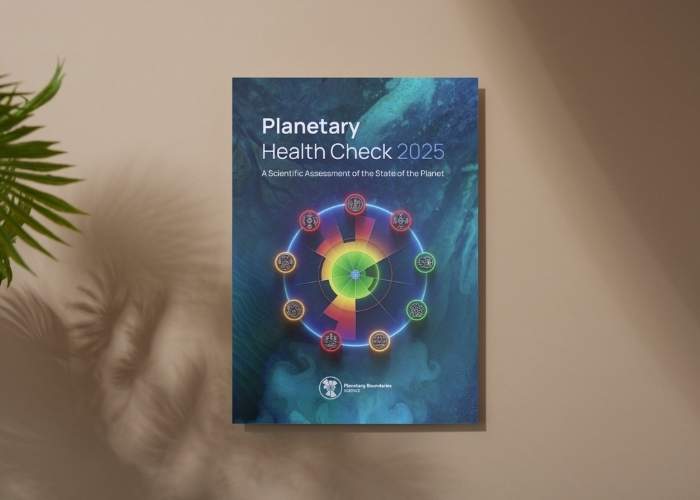
SCOPE Data Highlights Ocean Acidification in Planetary Health Check 2025
The newly published Planetary Health Check 2025 brings into focus the state of our planet’s life-support systems
